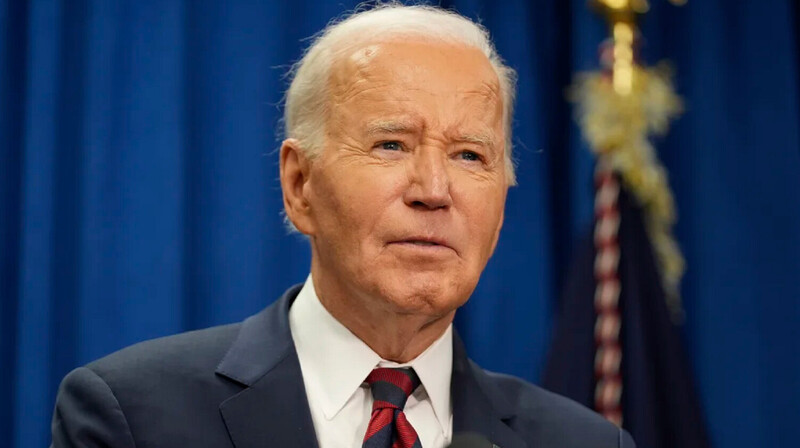What Decision Did Biden Make in the Final Hours of His Presidency

On January 20, just before Donald Trump was inaugurated as the 47th President of the United States, Joe Biden took an unprecedented step by announcing a series of preemptive pardons. This move was an attempt to protect prominent Trump critics, his family members, and others from potential prosecution by the incoming president, reports NewsBox.
Among those pardoned were General Mark Milley, Dr. Anthony Fauci, and members of Congress who were involved in investigating the events of January 6, 2021. In the final minutes before transferring power, Biden also pardoned his close relatives: his brothers James and Frank, his sister Valerie, and their spouses, writes CNN.
The pardons issued by Biden in the final hours of his presidency represented an extraordinary use of presidential powers, unprecedented in modern political history. These actions were aimed not only at protecting Trump critics, such as Liz Cheney, who had become a target for the new administration, but also at preventing possible attacks on Biden's family members.
"My family has been repeatedly threatened and attacked, with the intent solely to cause me pain. I see no reason why this should stop," Biden stated in an official address during the inauguration ceremony.
Biden's decision to pardon his relatives was largely influenced by Trump's promise to appoint a special prosecutor to investigate Biden and those around him. Several members of the current president's family had already been questioned in a case regarding alleged influence peddling.
Biden's step was made just hours before he and Trump were to meet at the White House for the traditional pre-inauguration tea. In his statement, Biden emphasized that even unfounded accusations could cause significant damage to one's reputation and financial standing.
"In the extraordinary circumstances we face today, I cannot, in good conscience, do nothing," Biden declared in his final address.
Beyond his family, Biden also reduced the sentence of Native American activist Leonard Peltier, who was convicted of killing two FBI agents in 1975. Under his order, the 80-year-old Peltier would serve the remainder of his sentence at home.
These actions by Biden came to symbolize protection against politically motivated persecution and served as a notable conclusion to his term as President of the United States.
